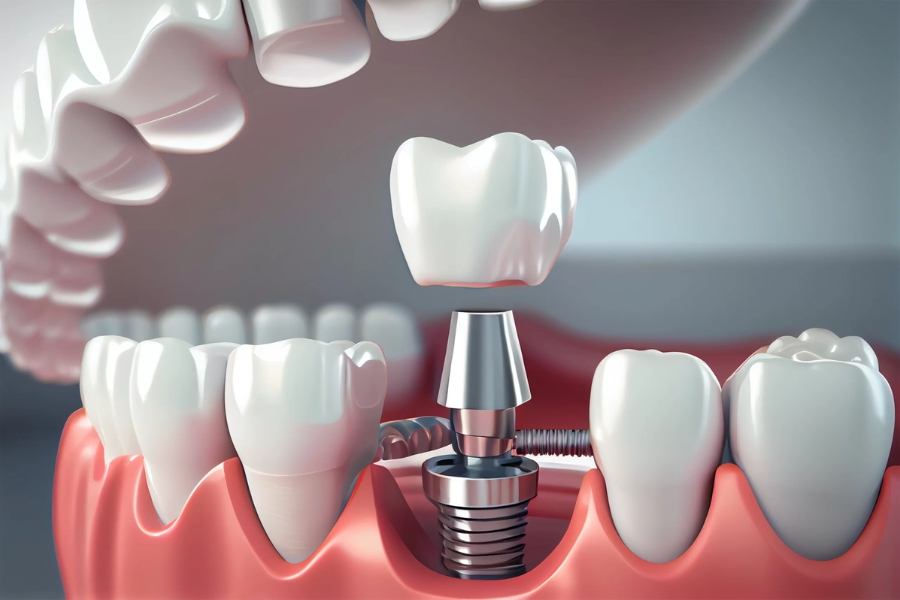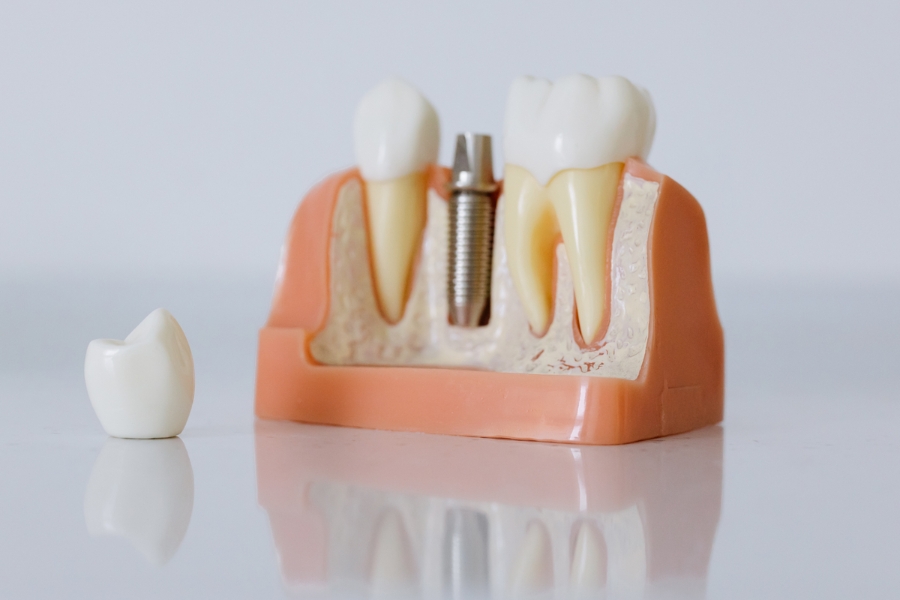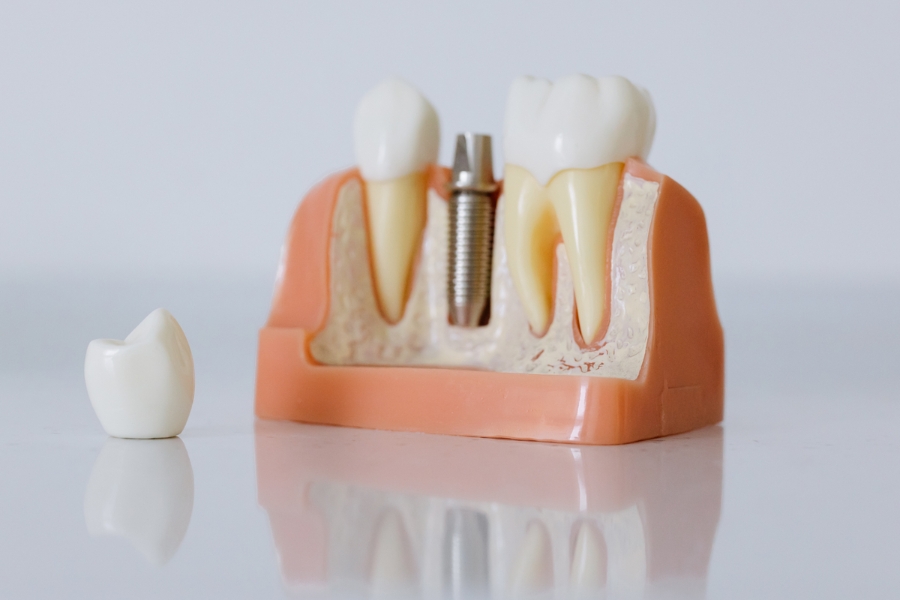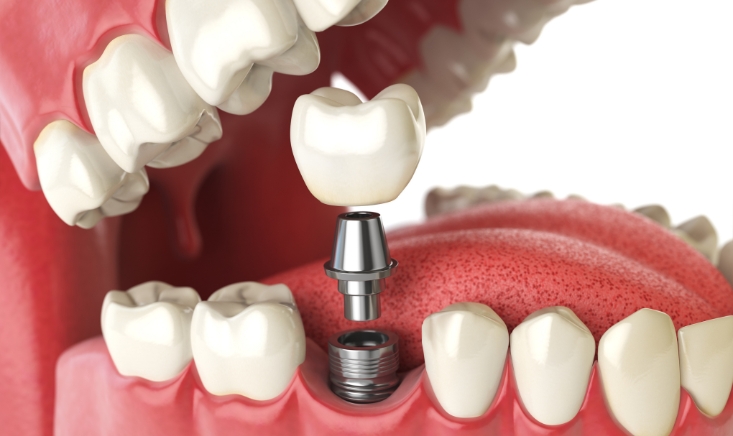Can You Get a Cavity on a Dental Implant? Understanding Implant Care

Dental implants have become a popular solution for missing teeth. They are durable and also last for a long term. The best part about implants is their appearance and function, similar to natural teeth.
However, many people wonder if implants are susceptible to cavities, just like natural teeth. Well, the answer is no – dental implants cannot get cavities.
You will get more information regarding dental implants and cavities in this blog.
Why Dental Implants Can’t Get Cavities?
Do you know dental implants are not prone to cavities like your natural teeth? Here’s why:
Non-Organic Materials
- Usually, dentists make implants from materials like titanium (for the root) and ceramic or zirconia (for the crown).
- These materials are not organic. So they cannot break or decay like natural tooth enamel.
No Enamel or Dentin
- In natural teeth, you get layers like enamel and dentin. Bacteria can attack these layers and cause cavities.
- On the other hand, implants do not have these layers. So they are not easily prone to bacteria and cavities.
Resistant to Sugars and Acids
- If you have recently got dental implants in Alexandria, be sure your implants will not get cavities. Bacteria do not come near these implants because there is no organic tissue to feed on.
Risks to Implants Even Without Cavities
Even though cavities are not a concern for your implants, there can be certain issues with them. The tissues and structures supporting the implant can be vulnerable to some problems. These issues can compromise its stability.
Some of the key risks include:
Peri-Implantitis
- In this situation, your gum health is affected. The inflammation here affects the gum and bone around the implant.
- It can result in redness, swelling, and even bone loss when left untreated.
Plaque Buildup
- Although implants do not decay over time, they can accumulate tartar and plaque. This can cause gum irritation and infection.
Bone Loss
- If your oral care is irregular, your chances of bone loss are increased. Loss of bone makes your implant unstable.
How to Care for Your Dental Implants?
There are several risk factors for a dental implant, except cavities. Follow your dentist’s instructions and ensure the optimal condition of your implants. Here’s how:
Daily Maintenance
- Brushing: A soft-bristled toothbrush and non-abrasive toothpaste- are all you need to maintain a good oral care routine.
- Flossing: Use a floss to remove debris and plaque from between your implant and surrounding teeth.
- Mouthwash: Rinse with an antibacterial mouthwash. This helps reduce bacteria in your mouth.
Lifestyle Habits
- Avoid Smoking: Smoking is a dangerous factor for peri-implantitis. Ensure you stay away from this habit.
- Limit Sugar: Although implants do not get cavities, sugar can still harm their surrounding areas. So be aware of that.
- Stay Hydrated: Drinking plenty of water helps wash away food particles from your mouth and keep your implants in a healthy state.
Regular Dental Visits
- Professional Cleanings: Regular dental cleanings are effective in removing tartar. Schedule these sessions on time and ensure your implant site remains healthy.
- Check for Early Signs of Issues: With regular checkups, your dentist will get the chance to identify any critical issue on time.
Although your implants will never get cavities, there can be certain issues with them. But with the right care, you can enjoy their maximum benefits. Follow your dentist’s guide, practice regular oral hygiene, and you will be good to go with your implants.
Need more assistance for your implants? Contact us.




